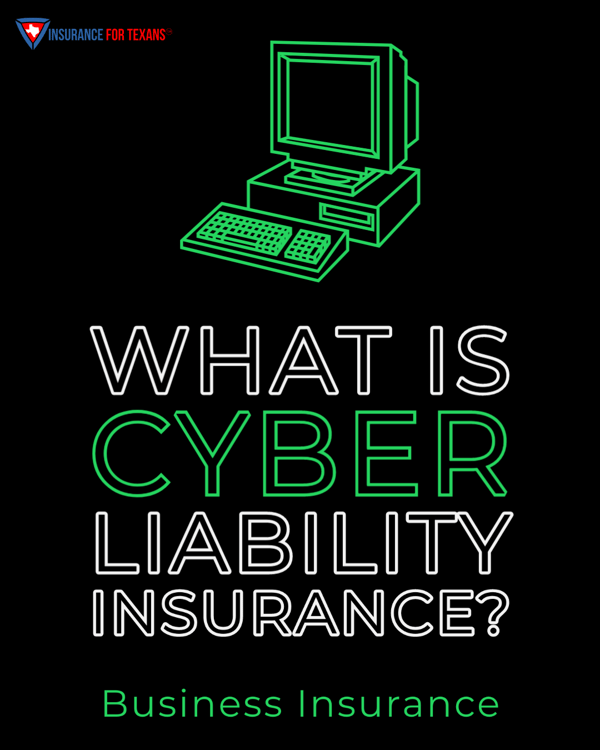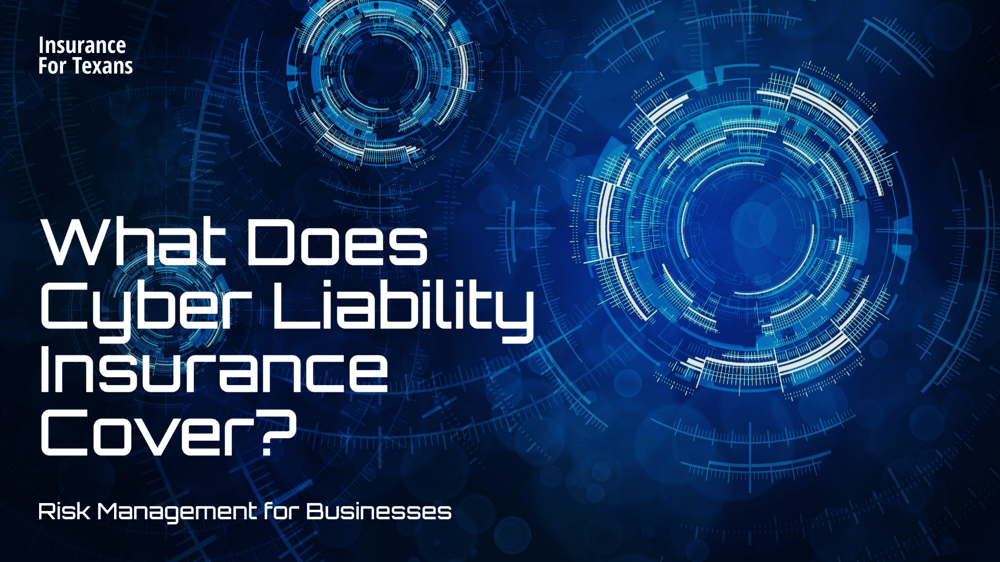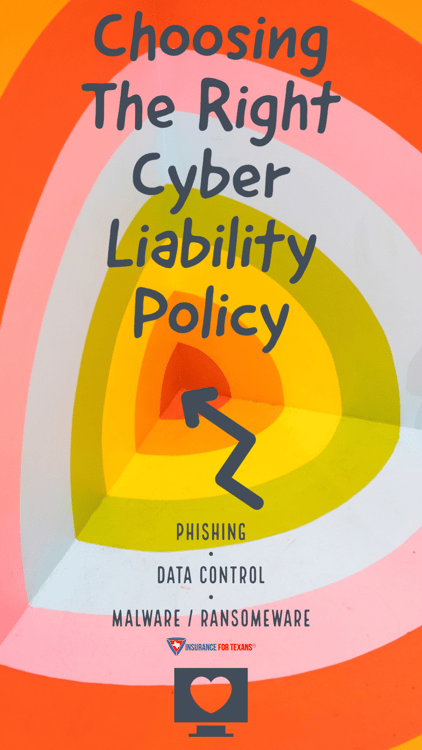We live in an era of increased cyber threats, but many businesses and individuals are still not aware of the risks they face. What is cyber insurance, and why should we get it?
Cyber insurance provides protection from financial losses caused by online data breaches and other cyber-attacks. From identity theft to hacking or malicious use of a company’s data, this type of insurance helps you stay protected from all digital threats. Cyber insurance policies can help mitigate the costs associated with legal fees, lost income due to business interruption, damage to reputation, or regulatory fines.
Given the high rate of cybercrime activity worldwide, it’s more important than ever to consider getting cyber insurance. In this article, we will look at what is cyber insurance, how to get it, and why you need it in today’s tech-dependent world.

Cyber Threats Against Business
Cyber threats against businesses are on the rise. According to a recent report from the IBM and Ponemon Institute, attacks have increased with data breach costs surging 13% from 2020 to 2022. Of those who experienced a data breach, 83% had more than one breach, with the average total cost of the data breach being $4.35 million.
These attacks can come in many forms, such as malware, ransomware, phishing scams, and distributed denial-of-service (DDoS) attacks. These malicious acts can cause significant financial damage to companies, as well as reputational damage if customer data is stolen or leaked.
We have all heard about the Homes Depot, Sony, and Target data breach events, but even more common are cyber attacks against small businesses. Over half of cyber-attacks are against small businesses due to their lack of investment in cyber security measures and limited employee cyber training. Many of these small businesses fail to re-open as a result of attacks due to the overall costs associated with a cyber event.
Types of Cyber Threats Against Business
There are multiple cyber risks that threaten businesses on a daily basis, including phishing, denial of service, malware, ransomware, and more. Right now your business could be under attack or even already infiltrated without your even knowing. Let's look at a few of the most popular types of attacks.
- Phishing attacks are a type of attack that involves sending malicious emails or text messages to unsuspecting victims. These messages often contain links or attachments that can install malware on the victim’s device.
- Denial of Service attacks (DoS) is a type of attack that attempts to make a website or network unavailable by flooding it with traffic. This type of attack can be used to disrupt services, prevent access to certain websites, or even crash an entire system.
- Malware attacks are malicious software that is designed to damage or gain unauthorized access to a computer system. It can be installed on a computer without the user’s knowledge and can be used for various malicious activities such as stealing data, disrupting services, or sending spam emails.
- Ransomware is a type of malware that encrypts data on a device and then demands payment in exchange for unlocking the data. Ransomware attacks are increasingly common and can cause significant financial losses for businesses.
While the above are some of the more popular types of cyber, cybercriminals are constantly implementing various schemes to infiltrate your business operations. One simple click on the wrong link could leave your business in financial ruin.

What Does Cyber Liability Insurance Cover?
When a cyber-attack occurs it can not only affect your business but can cause financial losses to your customers. With cyber coverage, there are two main aspects of coverage that you need to account for: first-party coverage and third-party coverage.
First-party cyber liability insurance coverage is designed to protect your business from financial losses that may occur as a result of a cyber-attack. This can include costs associated with restoring data, repairing system damage, credit monitoring services, and notifying affected customers. It can also provide coverage for lost business income and extra expenses incurred while your business is recovering from the attack. First-party coverage is best described as the coverage of your business's financial losses as a result of a cyber event.
Third-party cyber liability insurance coverage is designed to protect your business from claims made by third parties such as customers or vendors who have suffered financial losses due to a cyber-attack on your system. This type of coverage can provide protection for legal fees, settlements, and judgments related to these claims. This portion of the coverage is important for the protection of your business from financial loss to third-party businesses who depend on you for services.
In addition to these important coverages, some cyber insurance coverage includes media liability as a part of the policy coverage. Media liability coverage is designed to protect your business from claims made as a result of the content that is published on your website or other online platforms. This includes claims of defamation, copyright infringement, and invasion of privacy.
While some policies will allow for the purchase of first or third-party coverage it is important that you consider both of these coverages as a part of your cyber liability insurance. Some businesses, like IT support, may have a heavier risk for financial loss to third parties than a small retail shop so their need for third-party liability is important when reviewing cyber insurance policy options.
What Is Considered Private Customer Data?
Private customer data is any information that is collected from customers that can be used to identify them. This includes customer names, addresses, phone numbers, email addresses, credit card or financial information, social security numbers, medical records, and other sensitive customer information. It is important to protect this type of data as it can be used for malicious purposes such as identity theft or fraud if it falls into the wrong hands. Businesses must take steps to ensure that private customer data is kept secure and protected from unauthorized access. This includes implementing strong security measures such as encryption and authentication protocols, limiting who has access to the data and regularly monitoring systems for potential threats. Additionally, businesses should have a plan in place for responding to a data breach in the event one occurs.

Choosing the Right Cyber Liability Policies
Obtaining cyber liability insurance quotes is not that difficult, however, utilizing an insurance agent can help make sure you are getting the broadest coverage available for your particular operations. A qualified cyber insurance agent can help you navigate the cyber insurance market to find the exact policy to fit your needs.
An agent can also help address any current cybersecurity vulnerabilities in your current security programs. By doing so they can help address areas of concern so that when you are being reviewed by a cyber insurance provider you are being provided with the best terms from that insurance carrier. Agents can also help you determine the appropriate cyber coverage limits to protect your business from cyber claims.
If you are a business owner interested in a review of your current cyber liability policy or interested in purchasing a cyber liability insurance policy the agents at Insurance For Texans Group Inc are ready to help. As an independent insurance agency, we have access to the top cyber insurance companies for a multitude of industries. In addition to cyber policies, we can also assist with other business insurance needs including commercial property insurance, general liability insurance, professional liability insurance, and much more. Feel free to reach out to our office for more information on how we can assist your business today.



